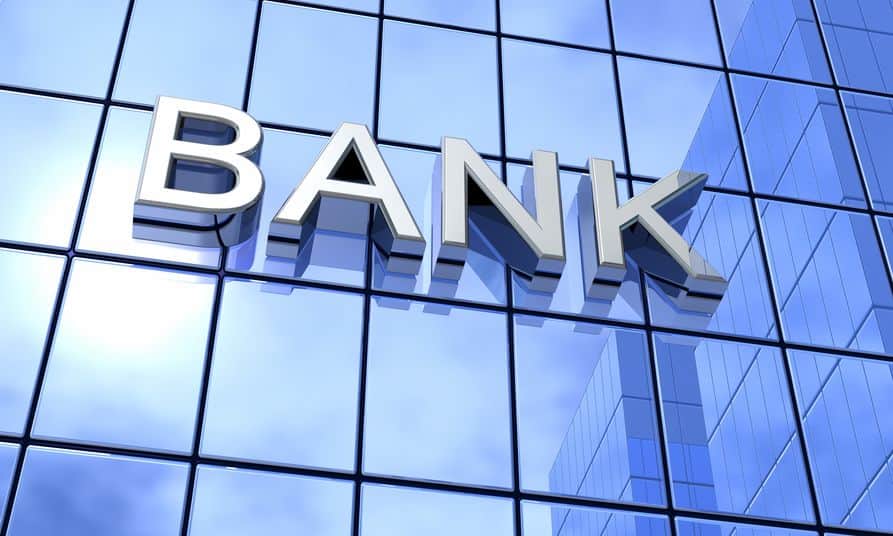In many cases, small businesses can struggle when trying to receive financial support, particularly during recessions and hard times like what COVID-19 brought to the world. Because of this, many small business owners turn to alternative lending. Alternative lending sources are lenders who operate differently than traditional banks or credit unions. For example, there are non-bank financial institutions that do not have full banking licensing but still offer different types of loans, especially (but not exclusively) to small businesses.
Finding out which ones are good and useful versus which ones are predatory is so important, because picking the wrong loan or lender and signing the wrong deal can spell ruin for your business. When you are looking down the barrel of your business going under it can affect your judgement, making a bad deal you never would have taken a year ago look like the only solution. A quick and easy influx of cash can help in the short term but could have long-term consequences. A business owner with bad credit looking for alternative lending in the US to keep their employees paid can fall into the same pitfalls as an individual looking at bad credit car loans in Perth, Australia. That being said, if that individual needs a car to get to work and can’t get a loan through a bank then it can be the right decision, just like a business owner looking into alternative lending can find the right answer there as well.
In many cases, alternative lending should become an option only after you have exhausted other, better options. Be sure that you check on what assistance is being offered (such as forgivable qualified PPP loans, or other incentive programs) before looking at these kinds of loans. You won’t regret putting a lot of thought into it.
Before you sign, consider the following information.
What Is an Alternative Lender?
Alternative lenders typically offer a wide range of business financing options which include varying loan terms for payroll loans, property liens, and business lines of credit. Traditional bank loans can be difficult to acquire if your business credit is bad due to strict requirements, long application procedures, and lending laws and regulations. Alternative lending makes it seem easy due to accessibility, flexibility, and how quickly they disburse the funds. The fine print, however, is usually where you’ll find the greatest risks.
According to data released by SME Finance Forum, in the year 2018, a funding gap of $5 trillion was experienced by the financing needs between small and medium-sized businesses. This is what creates the market for the many types of alternative lending that we are talking about.
Types of Alternative Lending
There are several alternative business and personal lenders out there that offer loans with flexible requirements. These lenders make financing to be much accessible to both small and medium businesses. With this being said, let us explore different types of alternative leading in some detail.
Business Lines of Credit
Business lines of credit fundamentally operate like a business credit card or a home equity line of credit. Lines of credit offered by alternative lenders can be very easy to qualify for as well as easy to apply for. Depending on your lender, it can serve businesses with bad credit as well. For these kinds of loans, it is important to look at what the interest terms are. Does the interest rate spike if a payment is late? Is the interest rate variable and subject to change at any moment for no reason? Are you required to put business or personal assets up as collateral? Before you sign, ask yourself these questions and get a second opinion from someone who you trust will tell you honestly if they think it is a bad idea.
Invoice Financing
Invoice financing is unique from other alternative leading options basically because it is not offered by traditional lenders. What it means is that a lender can loan you money that is secured by unpaid invoices. Lenders usually offer up to 85% of the value of the invoice. The remaining 15% is you get to keep after interest is paid.
Invoice financing is much easier to qualify for than an unsecured loan because the invoices act as collateral on loan taken. Generally, invoice financing serves B2B and service-based types of businesses best whose cashflow is delayed by unpaid invoices.
However, there are those alternative lenders who give out invoice financing as well as those who give out invoice factoring. As much as these two terms are used similarly, it is important to note that there is a difference between them. It is better to ensure that you know what option a lender is offering and the exact terms before you go for this option.
Term Loans
Business term loans come with repayment periods and interest rates which are either fixed or variable. What makes business term loans different from traditional bank loans is that they have shorter repayment periods, and their interest rates are very high. However, they compensate for this by making it easy to qualify for online term loans at any given time. The high rates are the price you pay for getting the money quickly.
Additionally, short-term loans are the most common in alternative lending. This means that most of these term loans have repayment periods of one year or less. Watch out for early payoff penalties or other fees/charges you can incur by trying to get around the interest rate by paying it off early.
Equipment Loans
Equipment loans (also referred to as equipment financing), is a type of leading alternative product specifically used by businesses to buy equipment. What happens is that lenders allow you to offer 100% of the equipment’s value then the equipment itself acts as collateral on loan. Equipment can mean a variety of things. It can be industrial-sized ovens, freezers, loading/unloading equipment, or a vehicle. Lenders can evaluate the value of the equipment to establish the amount of loan you can qualify for.
Also, when compared equipment financing offered by credit unions and banks and the one offered by alternative lending, there is a big difference. Online lenders offer the loan faster and flexibly (but let’s not forget the higher interest rates that are applied). Also, if your business depends on this equipment and you default, it can be seized and sold to cover the loan balance. If your interest rate is too high, you can find yourself underwater quickly. Make sure you have a plan to pay off a loan like this on time (early if you can) or refinance when your credit is better to a less risky loan.
Merchant Cash Advances
Another type of alternative option leading is called merchant cash lending. With this type of lending product, you are given an advance by a financing company which is paid back with a certain percentage of the daily transaction taking place on your credit card. This also includes the lender fee.
Merchant cash advances best suit those businesses or companies that run their transactions using credit cards. However, merchant cash advances are awfully expensive. Generally, people are advised to explore other options before settling on this one.
Alternative lending has become more prominent as businesses around the world struggle to get through the challenges of the COVID-19 pandemic. For some small businesses, using alternative lending offers flexibility, accessibility, and relief from strict regulations, but it comes at a cost. As much as this can be the best option depending on your businesses’ circumstances, keep in mind that your goal should be to get out of this kind of debt in favor of lower interest rates and better terms whenever you can. If you do your homework, analyze the risks, and get a trusted and qualified second opinion, you can find the right answer for your business’ needs.








